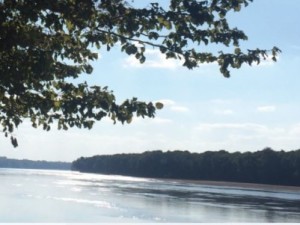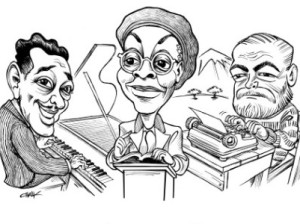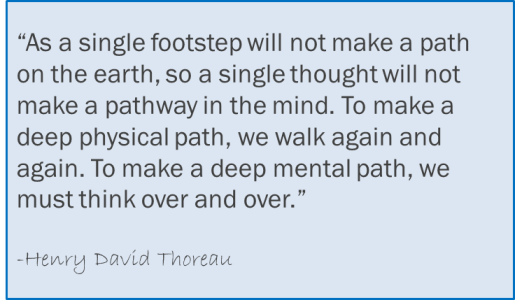Summer, with its lengthened days, urges exploration and discovery, stimulating an innate need to connect with nature and spend time in community. What better way to achieve this desire than through participation in public humanities programming? Whether through discussions of literature while hiking, performances of Chautauqua while basking in the sun, viewing documentaries geared toward urban environmental issues, or visiting a local humanities festival, council programs are complementing the adventurous spirit of summer by taking participants on an exploration of both the mind and the outdoors.
Programs on Nature & the Natural World
 Next Indiana Campfires, a program from Indiana Humanities, connects nature, literature, and Indiana’s Bicentennial celebration all while hiking through Indiana’s state and national parks.
Next Indiana Campfires, a program from Indiana Humanities, connects nature, literature, and Indiana’s Bicentennial celebration all while hiking through Indiana’s state and national parks.
Authors Program with Robert Isenberg invites attendees to hear firsthand about Isenberg’s life and experiences in the jungle of Costa Rica, detailed in his book The Green Season. Presented by Arizona Humanities.
Greenways or Highways is a film documenting the history of freeway systems in Cleveland communities, their impact on the local environment, and the movement in the 1960s to create a healthy urban atmosphere. Brought to the screen by Ohio Humanities.
Trees in Trouble: Saving America’s Urban Forests is a new public television documentary produced by Ohio Humanities. The documentary examines the importance of urban and community forests and the threats faced from invasive species and deforestation.
“Planet Earth” Magazine Issue of Oklahoma Humanities Magazine explores environmental issues through a humanities lens with articles on the ethical uses of water, children’s perceptions of Earth, climate change, and more.
Magazine Issue of Oklahoma Humanities Magazine explores environmental issues through a humanities lens with articles on the ethical uses of water, children’s perceptions of Earth, climate change, and more.
Maryland Humanities Chautauqua brings historical figures back to life in an interactive presentation for Maryland communities. This summer, Maryland Humanities Chautauqua will perform outdoors for select counties.
2016 South Carolina Humanities Festival offers a variety of events including lectures, films, tours, and art exhibits, which centers on community collaboration and a sense of place using the humanities. The festival is sponsored by South Carolina Humanities.
Click to view all council programs that focus on nature and the environment.


